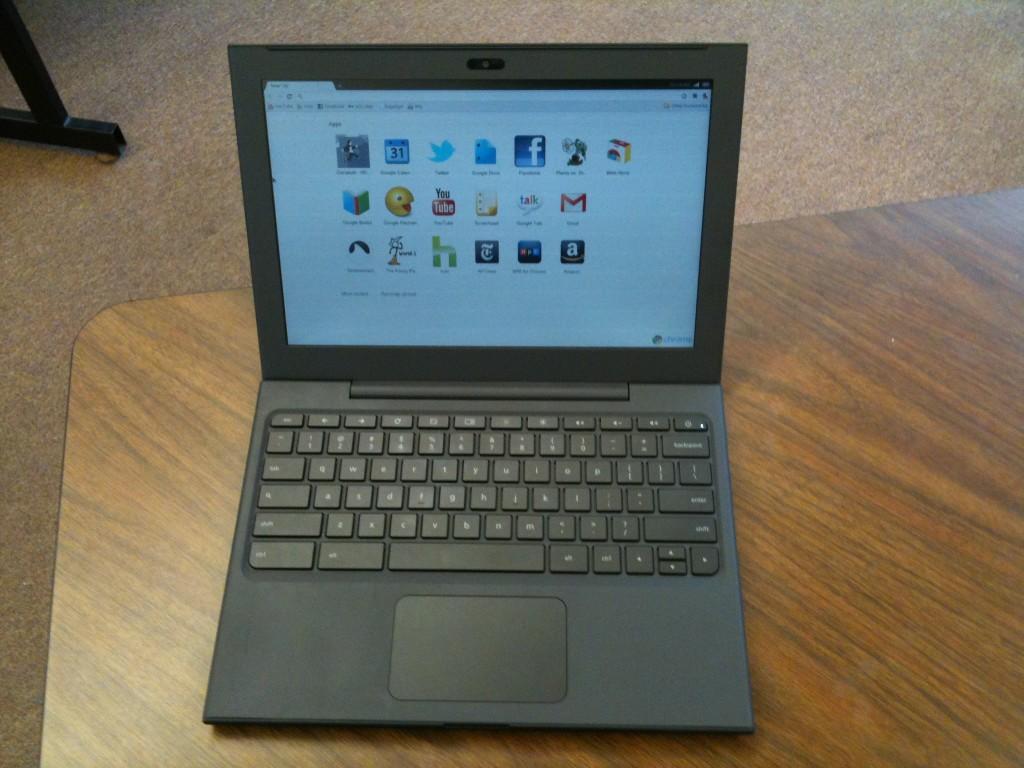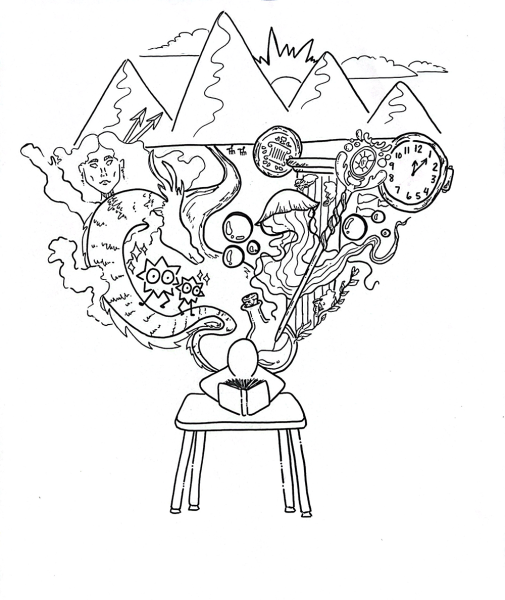Here’s What Freshmen Thought of The New State Assessments
This spring, the more rigorous PARCC and AIR tests have replaced the OGTs to measure student, teacher and district performance with new computer-based assessments.
Some students are opposed to standardized testing in principle.
“I feel that mandating our learning through a singular state-standardized test is a terrible way of evaluating us,” freshman Max Alter said.
Others have voiced more specific concerns about the importance of the tests, or lack thereof, the new computer-based assessment methods, the material covered on the tests and the complexity of scheduling for the tests.
Although the tests are intended as graduation requirements (Gov. Kasich signed a safe harbor bill for this year’s scores), many students felt the tests would not have a big impact on them.
Sophomore David Somogyi, who took the U.S Studies AIR test, was not too worried about the test.
“Although it doesn’t really matter, I still wanted to do well, so I didn’t blow it off,” Somogyi said.
Guidance counselor Meghann Sullivan advises students to try their best.
“You need to take these tests to graduate, and obviously, you can’t go to college without graduating,” she said. “[Standardized tests] are inevitable, in my opinion.
“If they can really capture common core standards, they can potentially be a really good measure,” she said.
Many students and teachers felt confused during the process as the rules changed regarding who has to take the tests and what the consequences would be for those who do not pass.
For instance, only weeks before the tests began, the Ohio House of Representatives passed the safe harbor bill for students, even while the scores will still be used in district ratings and some teacher evaluations. Gov. Kasich signed the bill after students were done with the first round of testing.
Some BHS upperclassmen attempted to opt-out of the U.S. Government exam, which caused a bit of controversy.
In a letter to the community, Superintendent Dr. Richard Markwardt told parents that this could be extremely detrimental to the district’s performance index.
Now, most students are just happy that the first round of tests are over. However, another round of new “end of course exams” will be given in May.
According to Sullivan, the staff will try to improve the testing process next year.
“With the parts we have control over, we may change how we offer the tests in terms of scheduling,” she said. “We want to minimize the disruption for class. But really, the state controls most aspects of the tests.”
The new computerized assessments provided another layer of confusion for some students.
“The tests were really hard,” freshman Taylor Royster said. “The fact that they were on the computers made them much harder to take.”
“It’s much more stressful without paper and a pencil, especially on the math test,” she continued. “This makes it difficult to show your work and it’s hard to enter the answers into the computer,” she added.
This was a common theme among freshmen.
Somogyi said that while he liked taking the tests on the computers, it didn’t really make a huge difference.
Students reported that relying on their Chromebooks also created obstacles.
“It takes a while for the test to get started,” Royster explained. “If your Chromebook isn’t charged, you have to charge it. It seems there is a problem with somebody’s computer for every test. If the test was on paper, we could get started much quicker.”
On the other hand, some found some advantages to using computers.
“The computer provides an easier experience, as my fingers don’t get sore from typing too much, whereas they do from writing too much,” Alter said.
Sullivan feels the computers are an advantage.
“The Chromebooks were beneficial, [and] we are lucky to have them,” she said. “There were difficulties, since this is a new adjustment that we had to make, but the staff learned that we are capable of offering the tests on the Chromebooks.”
The confusion of taking the test on the computer doesn’t come as a surprise. These are the first standardized tests to be taken on the Chromebooks, so teachers and students are both experiencing difficulties.
Some students also said they had not yet learned some of the material on the tests.
“I was familiar with the question style, but not the examples used,” Alter said. “We had some passages from haikus, The Odyssey, and even videos. We haven’t gone over some of the material yet.”
Sullivan advises students to remain calm and stay positive.
“In my opinion, if students just do well in the Common Core classes, they should be fine on these tests,” she said.










